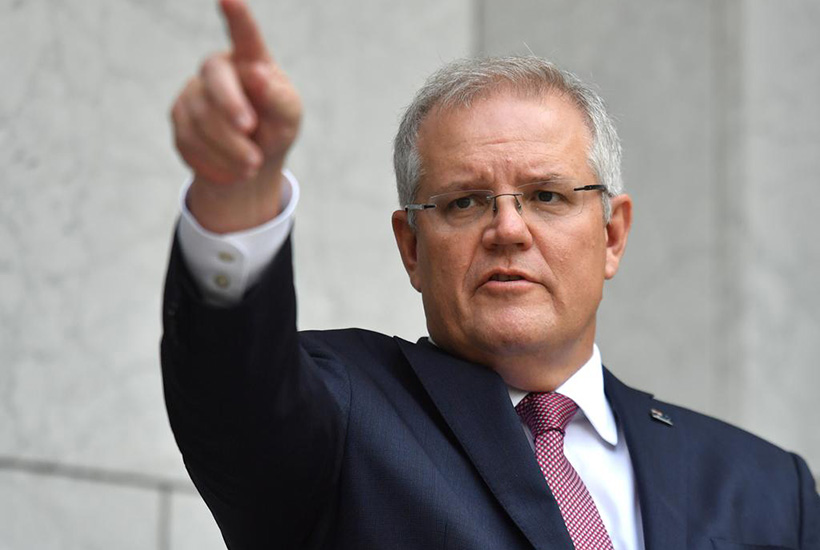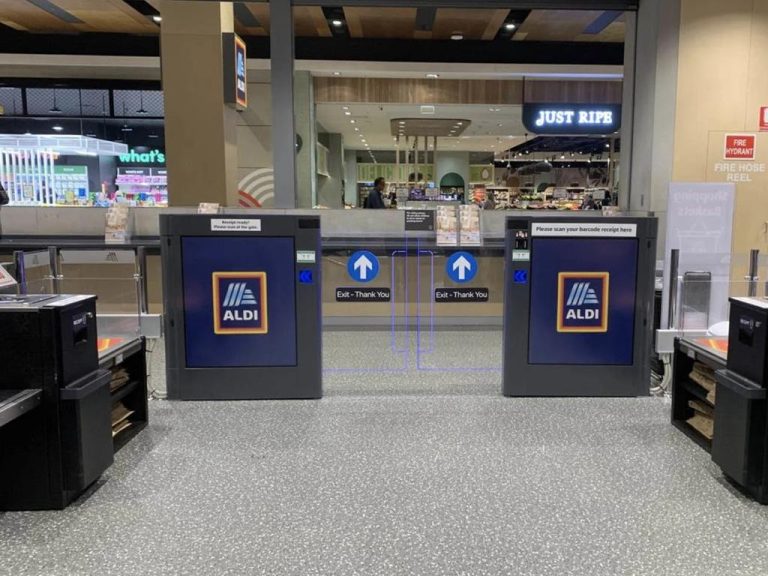Federal Budget 2020: Top takeaways for businesses and commercial sector

The Federal Government has delivered one of Australia’s most important budgets in decades, as it plots a path out of the financial challenges wrought by COVID-19.
Small to medium businesses, the manufacturing industry and farming are among the big winners that will receive direct financial support under the 2020 budget, which includes an enormous amount of spending and will leave Australia’s with its largest ever deficit in a bid to kickstart the economy as it emerges from coronavirus.
Here’s what’s in the Federal Budget for businesses and commercial property.
Big wins for businesses
Tax breaks and offsets on depreciable assets will deliver a huge shot in the arm to Australian businesses, with many industries set to benefit significant from specific funding and assistance.
Farmers and rural communities will share in a $550 million package to help them recover from the impact of COVID-19, with $250 million of this funding aimed at increasing regional tourism.
More than $30.3 million will be spent improving mobile and broadband services in rural areas, while more than $150 million will be provided in the next four years to help farmers recover from and prepare for droughts.
Industrial property has already established itself as one of the boom sectors during the coronavirus as more businesses shift towards e-commerce. And that growth will be further bolstered with the announcement of $1.3 billion to support the manufacturing sector and boost Australia’s supply lines.
The funding will focus on six key areas – defence, space, medicine and medical products, food and beverages, resources technology and recycling/clean energy – and will include co-investment in large projects, grants for investment in technologies and processes, as well solidifying supply chains.

Farming and agribusiness benefit significantly in the 2020 budget.
Tax concessions for small to medium businesses
Businesses with an aggregated annual turnover of $10 million to $50 million will receive a number of tax breaks in the coming year.
From July 1, businesses will be able to immediately deduct a number of start-up expenses and prepaid expenditures.
They will also receive simplified trading stock rules, remit PAYG instalments based on GDP adjusted notional tax, and will be able to settle excise duty and excise-equivalent customs duty monthly on eligible goods.
And 10 tax concessions previously only available to small businesses will now also be available to around 20,000 medium-sized businesses.
Fringe benefits tax exemptions
Businesses will also be eligible for a number of fringe benefits tax exemptions under the 2020 Federal Budget.
From April, businesses will no longer have to pay fringe benefits tax on car parking and numerous work-related electronic devices – including phones and laptops – when they are provided to employees.
Fringe benefits tax will also be waived on the cost of retraining employees who are shifted into a different role within the business.

Small to medium businesses will receive significant tax concessions. Picture: REA Group / Krzysztof Dydynski
100% tax offset for depreciable assets
Further to the assistance being given to businesses throughout the pandemic, they will also be eligible for tax offsets when they purchase new assets.
Any business with a turnover of up to $5 billion will now be able to deduct the full value of any eligible asset they purchase.
Treasurer Josh Frydenberg said 99% of Australian businesses would benefit from the tax offset scheme, which also allows for the backdating of the offsets, with any losses incurred up to June 2022 to be be offset against prior profits made in the last two years.
JobMaker scheme for businesses
Young people have been impacted deeply during the coronavirus, with a huge percentage losing work as a result of businesses being forced to downscale or close.
The new JobMaker scheme aims to address the issue by creating 450,000 jobs for young people by providing funding to businesses that hire people in younger age demographics.
Businesses that hire anyone aged between 16 and 30 will receive $200 a week towards their wages, while any business that hires someone aged 30 to 35 will receive $100 a week per worker.
In order for businesses to be eligible for the payments, employees must have been on JobSeeker during the pandemic and must receive at least 20 hours of work per week.
All businesses will be eligible for the scheme, other than the major banks.
Support for hiring new apprentices
There will be huge impetus for getting new apprentices on the job, with the government to pay half the wages for 100,000 new employees.
From October 5, any business that takes on a new or recommencing apprentice or trainee will be eligible for a 50% wage subsidy.
All businesses will be eligible for the subsidy, regardless of the job, location, industry or business size.







